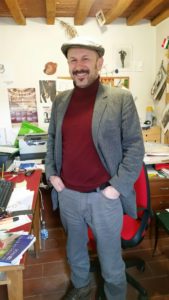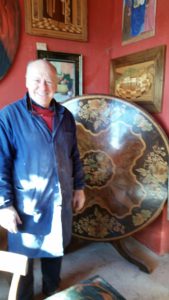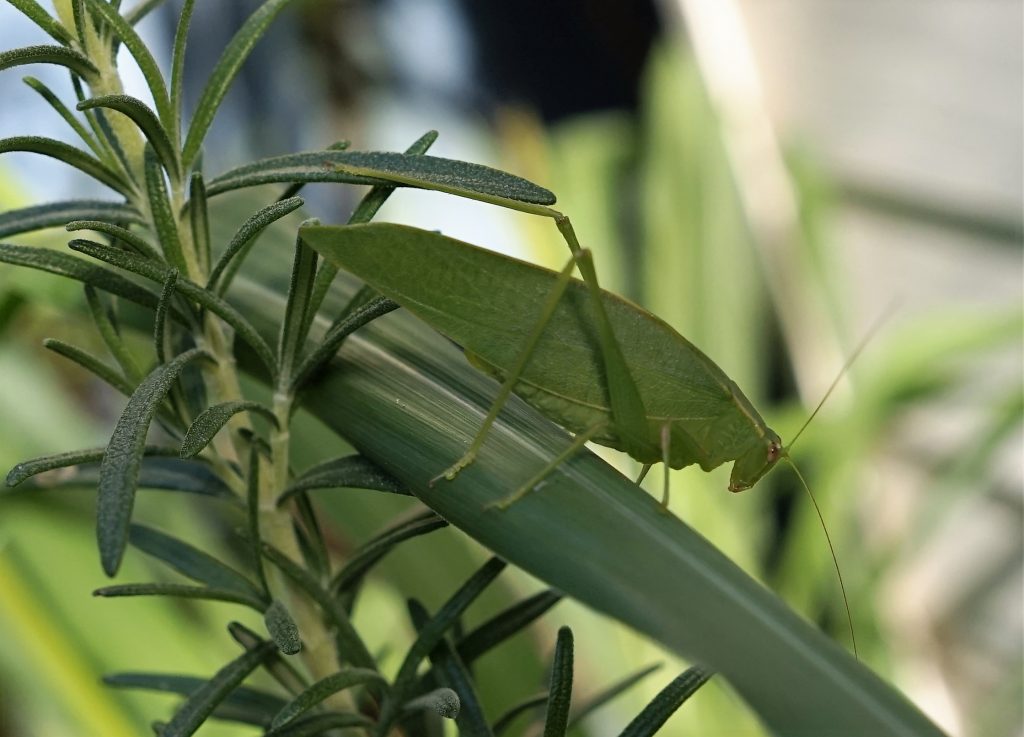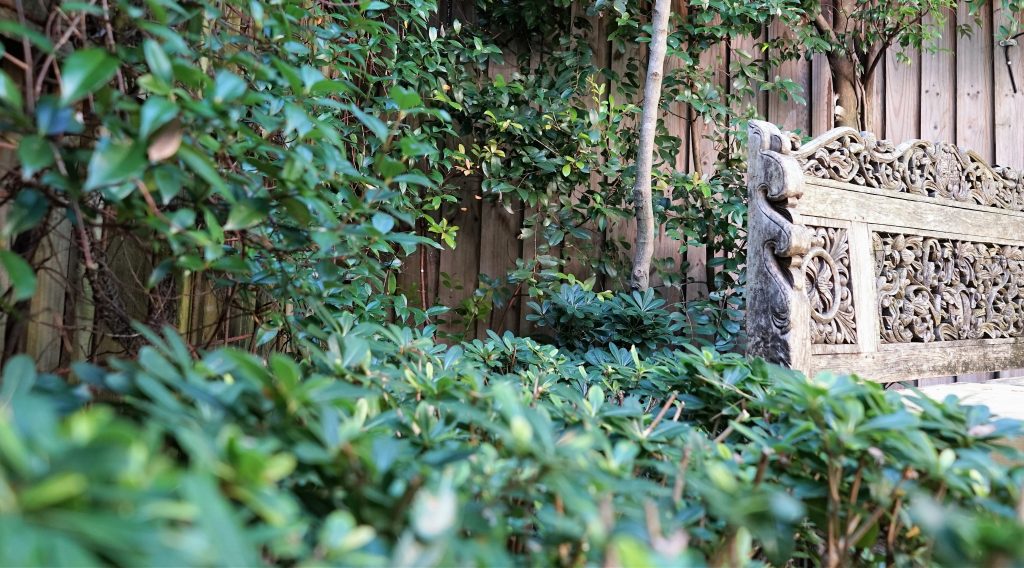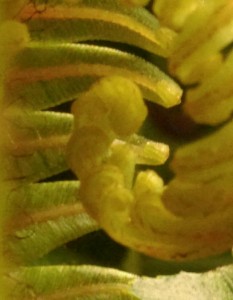Colleagues of mine recently asked me to ‘teach’ them how to write first-person narratives using interview transcripts. What method did I use? What were the steps I followed? How long should they be? Did I edit out stutters and conversational fillers? Did I correct grammar?
They knew I had written first-person narratives before and knew that I advocated it as a honest and accessible form of sociological writing. That is true, so I was happy to comply. However, what happened next surprised me. I found it incredibly difficult to describe how I edited a transcript or why I made the editorial decisions I did. Instead of a series of techniques to be learnt, I found myself coming back to the form of relation I was in when undertaking the editing. What follows is one of many attempts to describe how and why I work with interview transcripts. Continue reading Working with a Transcript

